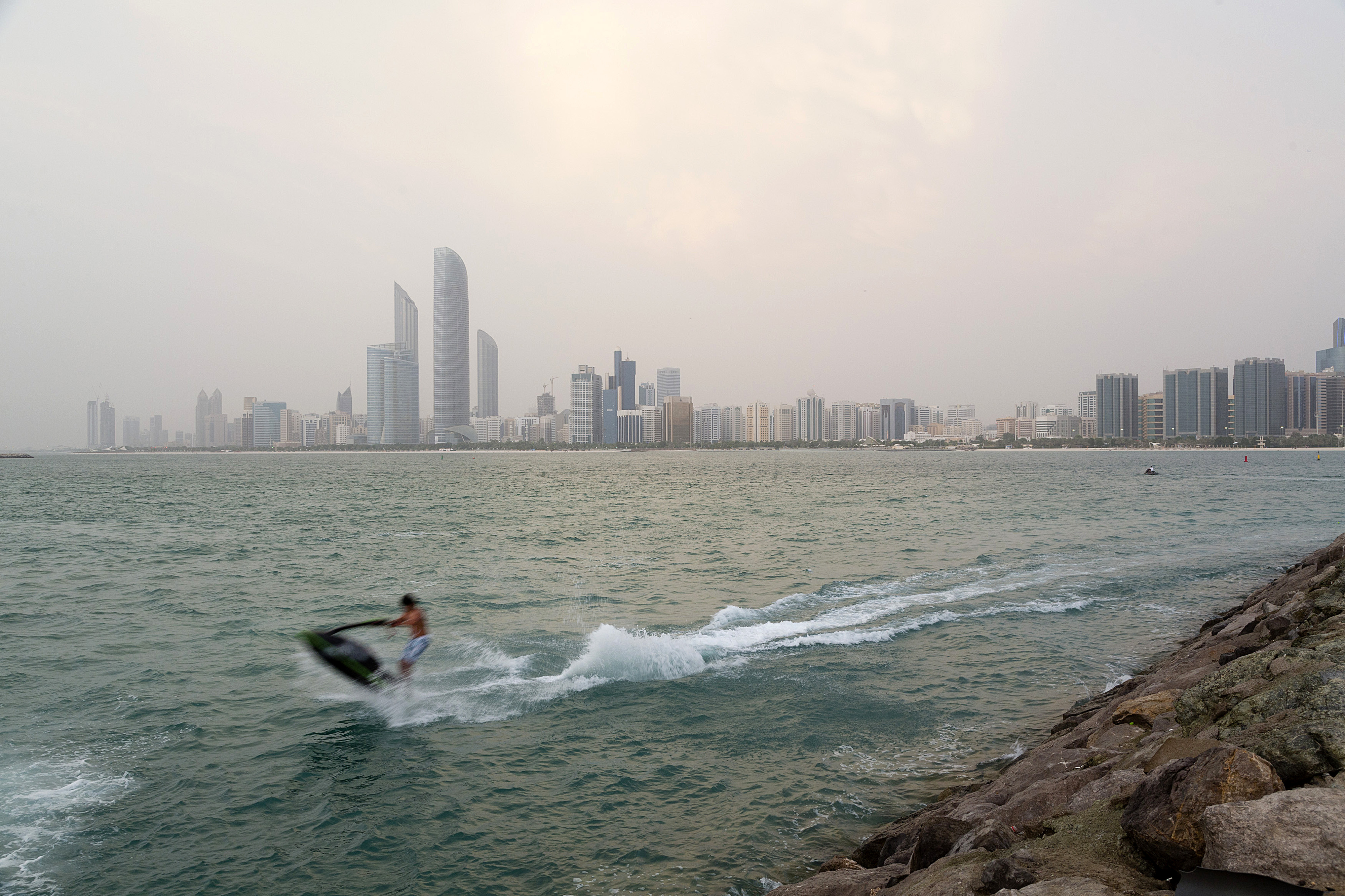
I’m delighted to join in the celebration of this year’s International Day of Happiness. But, to be honest, my focus is on the other 364 days of the year. After all, I am in the happiness business.
There have been a number of initiatives and efforts around the world to move beyond GDP and data on schools or hospital beds in measuring a country’s success in governance and development. In a country that has spent the past five decades building an economy from a standing start, the government in which I serve knows only too well that such figures, while showing that our development is progressing, do not tell the whole story – or anything like it.
In 2011, the United Nations called on member states to place more emphasis on happiness and wellbeing when working to achieve and measure social and economic development. Since then, many countries have come to realise that placing happiness at the heart of their governance objectives makes perfect sense.
Here in the UAE, we have recognised, as others are recognising, that we need benchmarks for governance that truly express what we mean by success. The question we ask is not whether we are providing adequate services and sound economic policy to our people, but whether we are making our people happy.
Of course, the latter requires delivering the former; but it also means going beyond statistics, to comprehend that we are all individuals with our own hopes, fears, and aspirations.
Happiness is serious business in the UAE, where attention to it permeates everything we do in government, including efforts to encourage private-sector companies to place a value on it in their everyday operations. It entails formulating national strategies, programmes, and policies to increase happiness and then measuring our achievements on an ongoing basis.
But what exactly is this indicator we are calling happiness? It is neither a transitory moment of delight nor a constant condition. It is a state of being beyond satisfaction, a flourishing and ambient joy.
Happiness is knowing that you and your family are safe; that there is opportunity open to you and your children; and that you can depend on a high degree of care, dignity, and fairness in your society. Happiness is not something that is bestowed from on high; we all must work to achieve it. But, as I see it, our role in government is to create an environment that enables happiness and a positive attitude toward life to flourish.
Setbacks or frustrations in one’s life do not necessarily imply a loss of happiness, which depends on how you – and others who are helping you – go about overcoming obstacles. Happiness thus entails a commitment to helping others, as well as taking responsibility for your own decision to proceed constructively and optimistically. In my ten years working in government, I have personally encountered no situation that could not be handled with a smile, a little consideration, and a touch of positivity. Happiness is something I take personally and believe in passionately.
Happiness can’t be mandated, demanded, or enforced. It must be encouraged and nurtured. It requires a change of mindset, with a focus on seeking constructive outcomes. It is experienced at both the individual and collective levels.
So how are we going about it in the UAE? It is still early days – my post is just over a month old. But we already have a 100-day plan in place and a clear set of tasks ahead of us. We have defined guidelines for shaping policy across government, and we have started to create structures for coordinating among government entities and for defining new approaches to services and service delivery. We are also developing benchmarks and assessment tools, in order to formulate and monitor measurable performance indicators for happiness.
Alongside our efforts to place the quest for happiness at the core of the national agenda, we need to encourage the private sector to join us. In one of the world’s most diverse labor markets – the UAE is home to people representing up to 200 nationalities – we must ensure that, beyond maintaining appropriate legislative and regulatory frameworks, our country’s entrepreneurs act on the basis of enlightened self-interest.
Just as GDP is not the only benchmark to define a country’s success, profit alone cannot define a company’s success. In our connected and social world, where opinion, news, and information travel at the speed of light, happiness is a competitive advantage; indeed, it is central to a company’s brand.
We live in a tough neighborhood. The Middle East is usually not associated with happiness; at times, the bad news from our region seems to drown out the good. And yet we are all bound by the desire to see ourselves and our loved ones thrive and be the best we can be.
That spirit is within us all, and by celebrating it and strengthening it, we can aspire to offer peace, security, tolerance, positivity, and respect. We can work together to create an environment where people can truly flourish and aspire to fulfill their human potential. We can all be part of a community brought together by the desire to share the quality of happiness. - Project Syndicate
- Ohood Al Roumi is Minister of State for Happiness of the United Arab Emirates